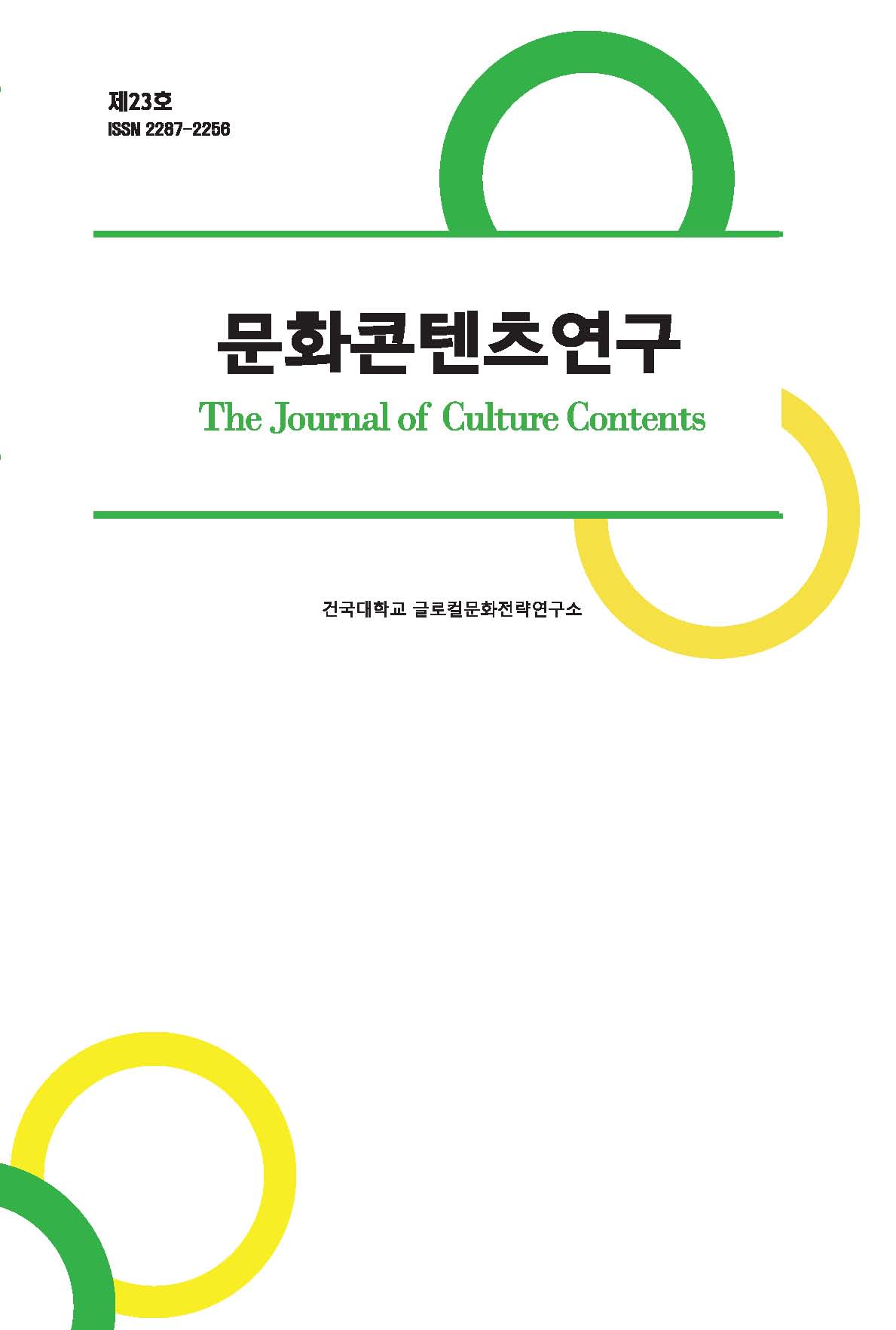Research Article
Abstract
References
Information
The recent excessive quantitative expansion of academic journals entails serious side effects such as simplicity and formality for resource management, which allows the evaluation system to be revised. Although the relevant issues are critical, there are few previous studies which can produce evaluation models and in-depth insight by systematic research design or empirical analysis. Against this backdrop, the present study systematically diagnoses the problems of evaluation criteria and evaluation methods for journals, and suggests appropriate ways to reform the evaluation system. The essence of journal evaluation is premised on the following two propositions: First, it requires autonomous control of the research milieu. Second, academia is in pursuit of qualitative improvement and accountability of research activities, which effectively guarantee research excellence and added value. Multiple regression results identify the number of annual publications, the period of registration, the number of paid members, and the KCI as the critical determinants of journal evaluation, which provide an opportunity to convert quantitative to qualitative one. If the goal of journal management is to increase competitiveness and trust by evaluating the quality of research, the standards based on the rationale that can reasonably determine whether these objectives are being substantially achieved are designed in detail for its own color.
최근 국내 학술지의 과도한 양적 성장이 학술지 관리에 대한 정량 및 형식 위주의 평가체계 등 심각한 부작용을 수반하게 되었다는 점을 고려할 때, 등재학술지 관리체계에 대한 보완이 시급하다. 아울러 학술지 평가의 중요성에도 불구하고 이에 관한 선행연구가 적을뿐더러 체계적인 연구 설계와 경험적인 연구에 기초한 평가모델의 제시나 깊이 있는 통찰이 크게 부재한 상황이다. 이에 본 연구는 학술지의 평가 기준과 방법의 문제점에 대하여 체계적으로 진단하고 실증적인 분석 결과를 통해 평가제도의 개선방안을 제시한다. 학술지 평가의 본질은 다음과 같은 두 가지 명제를 대전제로 한다. 첫째, 학술지 평가는 연구 환경의 자율적 통제를 위한 것이어야 한다. 둘째, 학술지 평가의 원칙은 연구 활동의 책무성에 기초한 질적 제고이며 평가 기준의 문제점을 분석하고 연구의 수월성 및 부가가치를 효과적으로 생산해야 한다. 다중회귀분석 결과는 연간 발행 횟수, 등재 유지 기간, 유료회원 수, KCI 등이 등재학술지 평가에서 중요한 결정요인임을 보여주며 평가체계가 양적 중심에서 질적 중심으로 전환하는 계기를 제공한다. 학술지 평가의 목적이 연구의 질적 수준을 평가하여 대외경쟁력과 신뢰를 향상하는 데 있다면, 이러한 목적이 실질적으로 성취되었는지를 타당하게 판단할 수 있는 기준들을 특성별로 상세하게 설계하여 체계적으로 마련할 필요가 있다.
- 권길화‧정윤수‧조연숙, 「학술연구지원 정책 효율성 제고에 관한 연구-대리인 이론을 중심으로」, 『교육행정학연구』 제18권(제4호), 한국교육행정학회, 2000.
- 김성열‧고창규‧정규영‧정유성, 「일본‧미국‧독일 학술연구 지원기관의 학회지원 비교연구」, 『교육이론과 실천』 제12권(제2호), 경남대학교 교육문제연구소, 2002.
- 박재신‧김근세, 『학술연구비 지원제도 개선방안 연구』, 한국개발연구원, 2005.
- 백종섭‧박병식‧김태수, 『국내외 학술지 발행지원 사업의 개선방안 관련 연구』, 한국연구재단, 2008.
- 서문기, 「문화적 가치체계가 삶의 질에 미치는 영향-정책적 함의」, 『문화정책논총』 제29집(제2호), 한국문화관광연구원, 2015.
- 심광보‧하창식‧이성철, 『세계적 수준의 학술지육성지원 사업추진방안 연구』, 한국연구재단, 2010.
- 오세희, 「학술지 평가제도 개선 방안」, 『한국콘텐츠학회논문지』 제12권(제4호), 한국콘텐츠학회, 2012.
- 유현숙, 『고등교육 개혁을 위한 정부의 재정지원 사업 평가연구』, 한국교육개발원, 2006.
- 이덕우, 「국내학회 지원 사업 현실화 방안과 학술지 평가방식개선에 관한 연구」, 경기대 산업정보대학원 석사학위논문, 2006.
- 이창수‧김신영, 「학술지 선정을 위한 평가요소에 관한 연구」, 『사회과학』 제15권, 경북대학교 사회과학연구원, 2003.
- 장덕현, 「학술지 평가정책에 대한 고찰」, 『한국도서관정보학회지』 제35권(제1호), 한국도서관정보학회, 2004.
- 정혜경‧정은주, 「전문도서관에서의 학술지 평가를 위한 경제성 분석에 관한 연구」, 『정보관리학회지』 제23권(제1호), 한국정보관리학회, 2006.
- 조현양, 『국내‧외 인용색인 분석 및 학술지와 논문의 질적 평가지표개발』, 한국연구재단, 2008.
- 최태진‧김소형‧윤애란, 『국내학술지 현황분석을 통한 제도개선 방안 연구』, 한국연구재단, 2012.
- Archambault, E., and V. Larivière, "History of the Journal Impact Factor: Contingencies and Consequences",
Scientometrics , 79(3), 2009. 10.1007/s11192-007-2036-x - Moustafa, K., "The Disaster of the Impact Factor",
Science and Engineering Ethics , 21(1), 2015. 10.1007/s11948-014-9517-0 24469472 - O'Meara, K., "Uncovering the Values in Faculty Evaluation of Service as Scholarship",
The Review of Higher Education , 26, 2002. 10.1353/rhe.2002.0028 - Rousseau, R., "Journal Evaluation: Technical and Practical Issues", Library Trends, 50(3), 2002.
- Sugimoto, C. and V. Larivière,
Measuring Research: What Everyone Needs to Know , Oxford University Press, 2017. 10.1093/wentk/9780190640118.001.0001
- Publisher :Research Institute of Creative Contents
- Publisher(Ko) :글로컬문화전략연구소
- Journal Title :The Journal of Culture Contents
- Journal Title(Ko) :문화콘텐츠연구
- Volume : 23
- Pages :29-54
- DOI :https://doi.org/10.34227/tjocc.2021..23.29



 The Journal of Culture Contents
The Journal of Culture Contents





